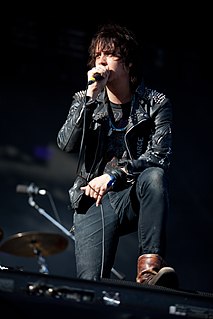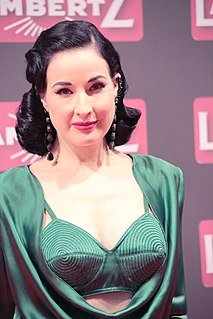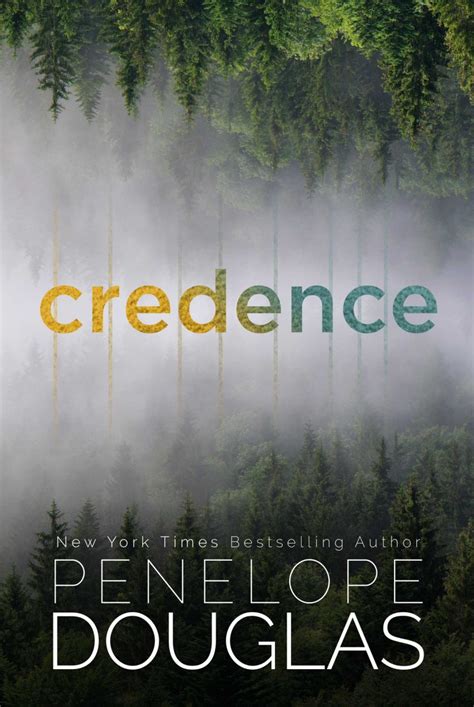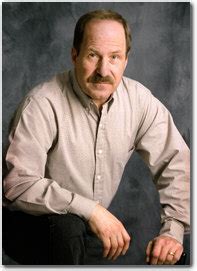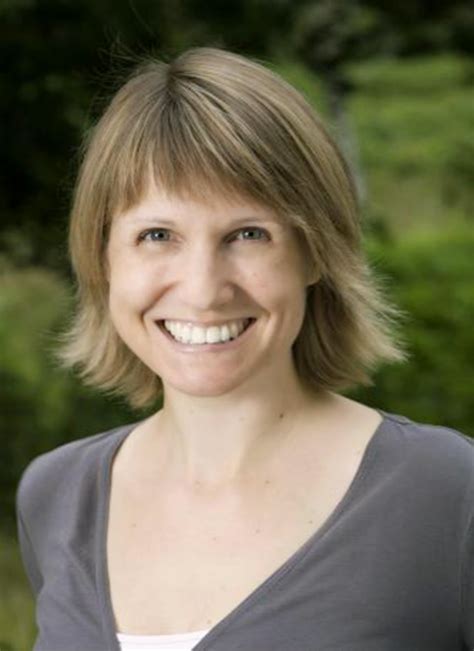A Quote by Julian Casablancas
We're so quick to point out our own flaws in others.
Related Quotes
It requires something more than personal experience to gain a philosophy or point of view from any specific event. It is the quality of our response to the event and our capacity to enter into the lives of others that help us to make their lives and experiences our own. In my own case my convictions have derived and developed from events in the lives of others as well as from my own experience. What I have seen meted out to others by authority and repression, economic and political, transcends anything I myself may have endured.
At the center of our being is a point of nothingness which is untouched by illusion, a point of pure truth, a point or spark which belongs entirely to God, which is never at our disposal, from which God disposes of our life, which is inaccessable to the fantasies of our own mind or the brutalities of our own will. This little point of nothingness and of absolute poverty is the pure glory of God in us.
All of us are prone to excuse our own mediocre performance. We blame our misfortunes, our disfigurements, our so-called handicaps. Victims of our own rationalization, we say silently to ourselves, 'I'm just too weak,' or 'I'm not cut out for better things.' Others soar beyond our meager accomplishments. Envy and discouragement take their toll. .
